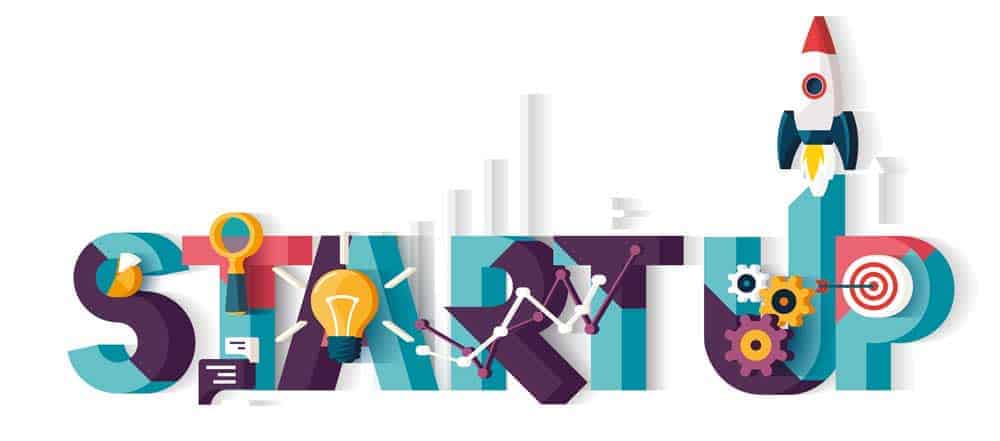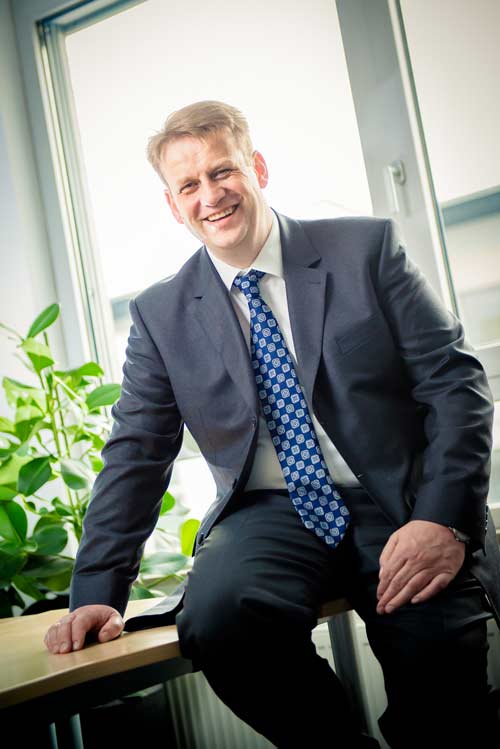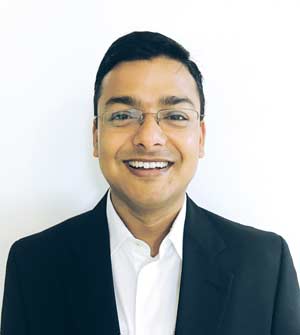Ecosystem for the Internet of Things


What is the idea behind the company MyOmega?
Bernd Möller: MyOmega is a young company, but built on a gigantic platform experience, with a clear vision for our platform MYNXG.
MYNXG is an IoT ecosystem for monitoring and controlling machines, products and logistics. This creates user benefits through intelligent design and ready-to-go or customized solutions.
What support did you receive during the start-up process?
Möller: We have funded our solution through projects. The SAP Startup Focus program became aware of us through a first MYNXG IoT application TracoVino.
We then worked with the SAP Startup Focus team to integrate this application onto the Hana Cloud. Since then, we have been working closely with this team.
Requirements in terms of performance, flexibility, integration capability and security are very high for IoT systems. How can this be reconciled?

Möller: We have been ISO 270001 certified since 2014. For this certification, we have adapted the workplace environment to the test criteria.
Together with our employees, we first introduced the processes and now live them as a matter of course. Clear structures and the Clean Desk Sharing and Clean Desk Policy help a lot.
Gateways play an important role in the implementation of IoT. What distinguishes MYNXG from comparable solutions?
Möller: The MYNXG Controller D3 is easy to install in any control cabinet. It is the intelligent edge computing solution.
MYNXG CTRL D3 is more than just a gateway, it connects machines into a comprehensive Internet of Things ecosystem. The Industrial Controller aggregates and processes data, controls devices and reads sensors, the D3 is ideal for edge computing.
The hardware is designed to be robust and reliable for industrial use.
The D3 Industrial Controller supports LTE, WIFI and capillary networks. It can be easily customized to meet the needs of any company by adding custom connector boards.
Product monitoring, machines at customer site. Linking and coupling of data collection points from machines or plant cabinets towards the cloud.
D3 is supported through the MYNXG Transformation and MYNXG Service Layers and is fully remotely controllable through a variety of functions delivered through private, hybrid or hosted cloud systems.
In which industries, company sizes and regions is the focus of your (potential) customers?
Möller: Our focus is on German medium-sized businesses. We can use our solutions for transport monitoring in the logistics industry, as well as for monitoring liquids and many other application areas. We are not restricted to any regions.
Which external data sources can be integrated?
Möller: The most diverse databases and data sources can be integrated into the MYNXG ecosystem. Here it depends on the preference of the customer.
Are security concerns about IoT primarily a German phenomenon?
Möller: Our experiences in this sector are very different. Companies naturally want to have the greatest security for their data.
We can also guarantee this to the customer because of our security solution. It is important to talk to the customers about the security concerns, to name all ambiguities and to offer a solution.
What potential do you see for artificial intelligence?
Möller: MyOmega sees the greatest potential in intelligent automation technologies, which, unlike existing technologies, allow more flexible machine control via sensors and data, as well as direct interaction between man and machine.
Technologies such as "affective computing," which is used rather rarely across industries, are used much more frequently in the automotive sector than in other industries.
In the process, machines recognize and interpret human emotional expressions and, for example, warn against incorrect operation or accidents in the event of fatigue.
What requirements do customers have to meet in terms of existing machines, sensors and IT systems?
Möller: The MYNX ecosystem adapts to the existing infrastructure. We can network old as well as new machines. Our system requires only one socket with power.
What support do you offer in the pre-project phase?
Möller: We organize a workshop. In this workshop all facts and data are collected. After the meeting, the customer receives a detailed summary with an exact offer.
In this offer, all steps required from the project roadmap to the work packages are explained. Furthermore, weekly jour-fixe meetings are held.
What are the next steps in business development and how does SAP support you?
Möller: We intend to continue developing the key account in Germany, scaling the current products and marketing its solutions further into the market.
Here, we want to safely use the good SAP presence and browse access through the internal organization to the huge SAP customer base. In addition, international projects are certainly a logical next step.
Nitish Agrawal
 Nitish Agrawal is responsible for SAP Startup Program activities in the Asia Pacific & Japan (APJ) region.
Nitish Agrawal is responsible for SAP Startup Program activities in the Asia Pacific & Japan (APJ) region.
In this role, he is responsible for recruiting promising start-ups in the region. He assesses the extent to which the applicants are of strategic importance to SAP and helps providers of niche solutions to exploit market potential.
Together with the start-ups, he defines how to make the solutions market-ready and which business and delivery models are promising.
More recently, SAP Startup Focus began activities in the Middle East and North Africa under Agrawal's responsibility. Finally, he has also been mentoring European startups from a technical, functional and business standpoint for the past three years.
The entire startup ecosystem is full of challenges, Agrawal tells E-3 Magazine:
"As a global accelerator program with a clear focus on monetizable innovation, there is always pressure to support solutions that can achieve customer success within a timeframe."
Recognizing potential - creating perspectives
As Value Engineer for EMEA & APJ, he is also responsible for assessing the potential of start-up solutions. From a technology perspective, Agrawal says it is important to keep up with the latest innovations and provide appropriate support to the startups so they can develop cutting-edge technology solutions: "These young companies are hungry for success. It's an exciting and demanding challenge to help them increase their chances of success."





